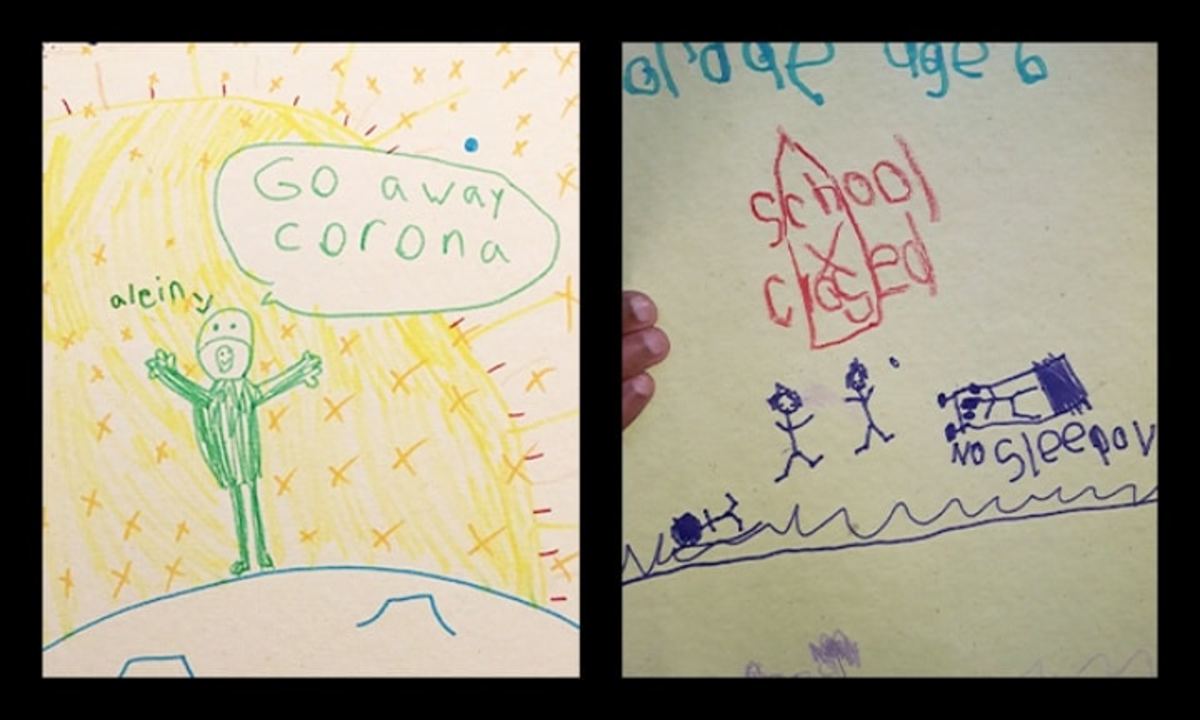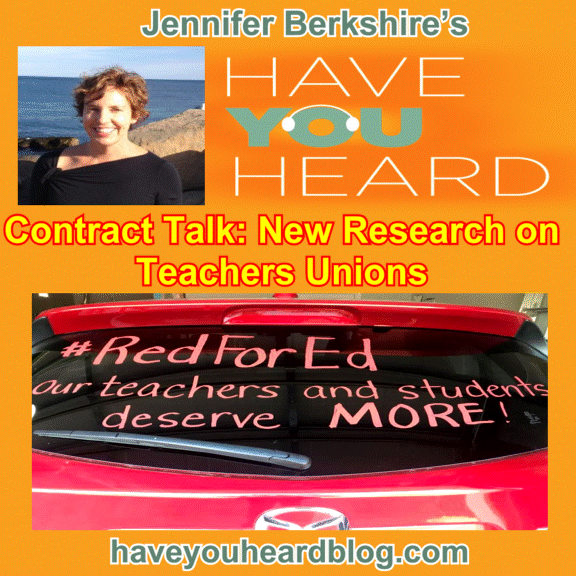SETTING AMERICA’S SCHOOLS UP TO FAIL
Seventeen years ago, against the advice of my parents, I decided to become a public school teacher. Once I did, both my mother and father, educators themselves, warned me that choosing to teach was to invite attacks from those who viewed the profession with derision and contempt. They advised me to stay strong and push through when budgets were cut, my intellect questioned, or my dedication to my students exploited. Nobody, however, warned me that someday I might have to defend myself against those who asked me to step back into my classroom and risk my own life, the lives of my students and their families, of my friends, my husband, and my child in the middle of a global pandemic. And nobody told me that I’d be worrying about whether or not our nation’s public schools, already under siege, would survive the chaos of Covid-19.
Pushing students back into school buildings right now simply telegraphs an even larger desire in this society to return to business as usual. We want our schools to open because we want a sense of normalcy in a time of the deepest uncertainty. We want to pretend that schools (like bars) will deliver us from the stresses created by a massive public health crisis. We want to believe that if we simply put our children back in their classrooms, the economy will recover and life as we used to know it will resume.
In reality, the coronavirus is — or at least should be — teaching us that there can be no going back to that past. As the first students and teachers start to return to school buildings, images of crowded hallways, unmasked kids, and reports of school-induced Covid-19 outbreaks have already revealed the depths to which we seem willing to plunge when it comes to the safety and well-being of our children.
So let’s just call the situation what it is: a misguided attempt to prop up an economy failing at near Great Depression levels because federal, state, and local governments have been remarkably unwilling to make public policy grounded in evidence-based science. In other words, we’re living in a nation CONTINUE READING: Setting America’s Schools Up To Fail - PopularResistance.Org






















 “We have more to fear from the opinions of our friends than the bayonets of our enemies.” Politician turned Union General Nathaniel Banks, in plea he couldn’t abandon an untenable position.”
“We have more to fear from the opinions of our friends than the bayonets of our enemies.” Politician turned Union General Nathaniel Banks, in plea he couldn’t abandon an untenable position.”


